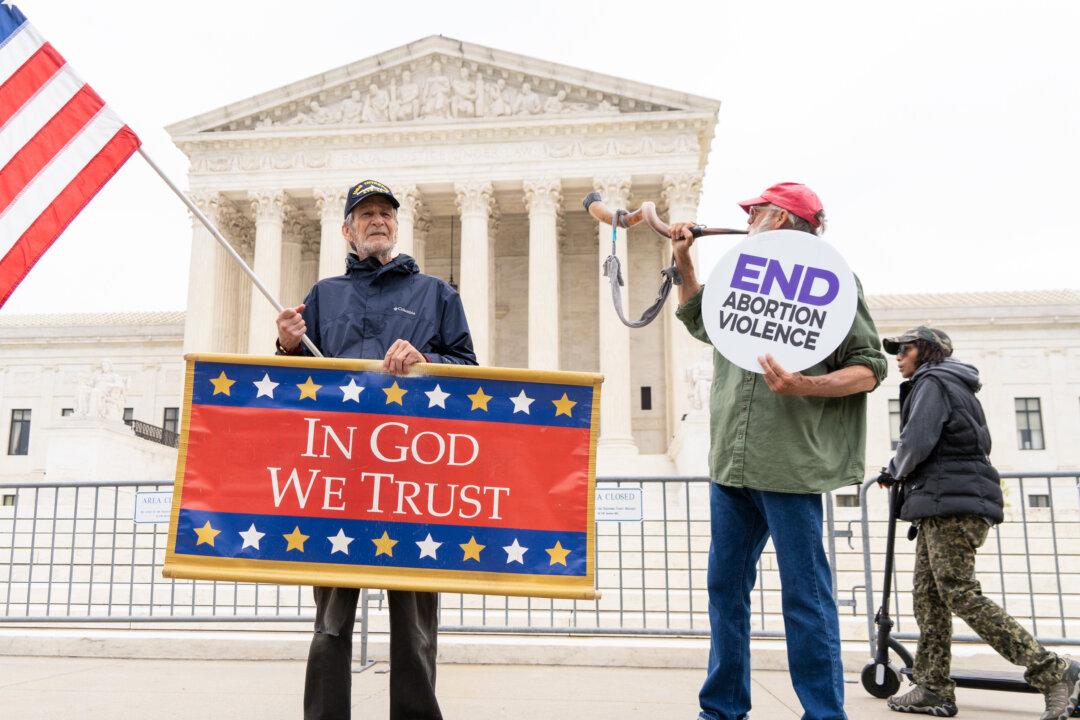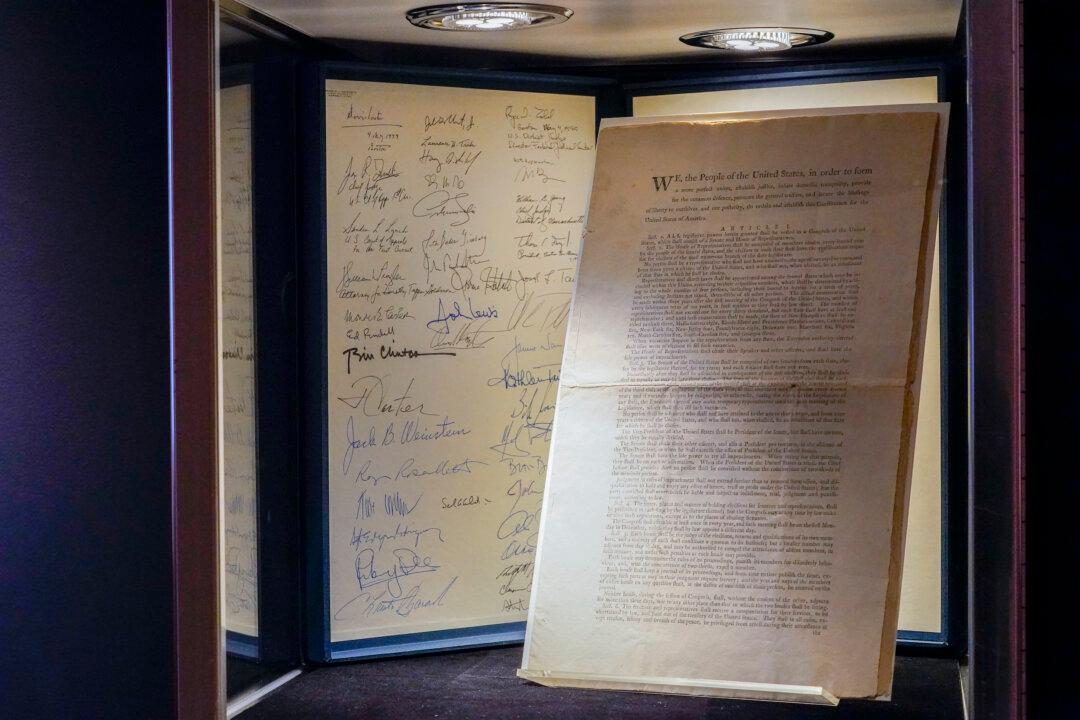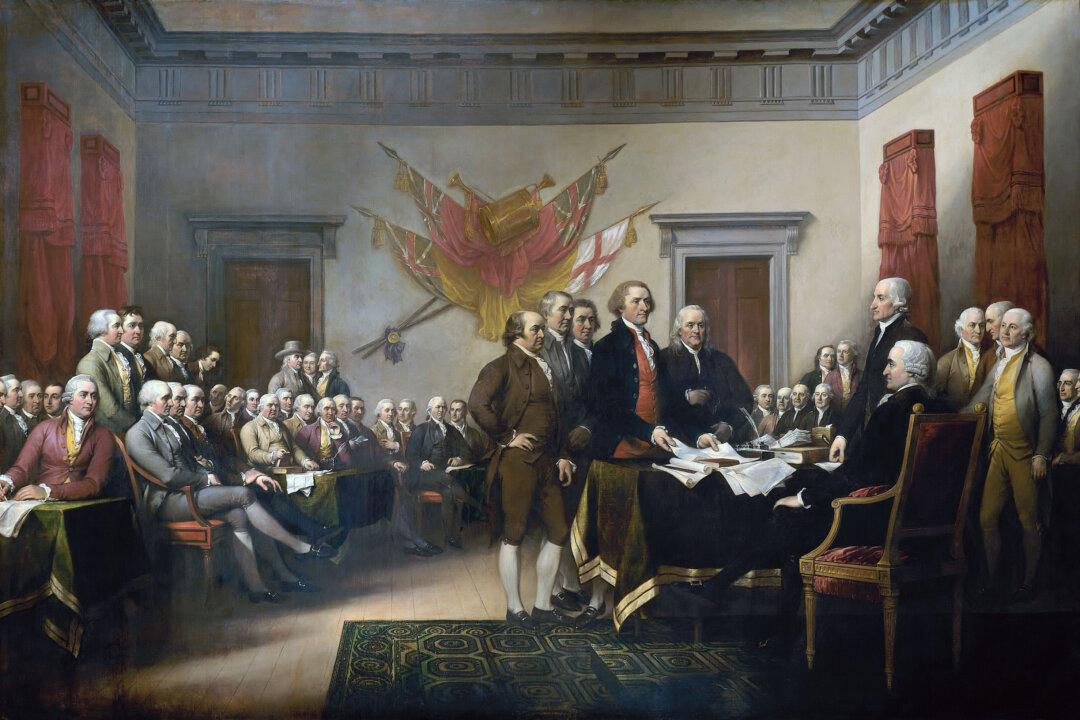Commentary
According to a recently leaked draft of an upcoming majority opinion of the Supreme Court, Roe v. Wade is about to be overruled in its entirety. Setting aside that this is an unprecedented breach of the court’s internal security likely being done in a last-ditch effort to pressure the justices to change their minds, this alleged decision penned by Justice Samuel Alito would represent a massive step forward in stopping abortions across the country.





